Be Content With That Which Allah Has Given You and You Will Be the Richest of People.
You Will Be the Richest of People.
Wealth, appearance, children, house, and talents-you must be content with your share in these things:
“So hold that which I have given you and be of the grateful.”
(Qur’an 7:144)
Most Islamic scholars and pious Muslims of the early generations of Islam were poor; needless it is to say, then, that they did not have beautiful houses or nice cars. Yet, despite these disadvantages, they led fruitful lives, and they benefited mankind, not by some miracle, but because they used all that they were given, and spent their time in the correct way. Hence they were blessed in their lives, their time, and their talents.
On the contrary, there are many people who have been bestowed with wealth, children, and all forms of blessings, yet these blessings have been the very reason for their misery and ruin. They deviated from what their inborn instincts were telling them, namely, that material things are not everything. Look at those that have obtained degrees from world-renowned universities, and yet they are paragons of obscurity. Their talents and abilities remain unused. Meanwhile, others who are limited in the scope of their knowledge have managed to make mountains out of what they have been given, benefiting both themselves and society.
If you are a seeker of happiness, be satisfied with the looks Allah has favored you with, with your family situation, with the sound of your voice, with the level of your understanding, and with the amount of your salary. Certain educators go further than this by saying that you should imagine being contented with even less than you actually have now.
Here for you is a list of those who have shone from our Islamic heritage despite each being challenged by various disadvantages:
‘Ataa ibn Rabah was a world-renowned scholar of his time. He was not only a freed slave and snub-nosed, but he was also paralyzed.
Al-Ahnaf ibn Qays was famous among the Arabs for his singular level of patience. He achieved that fame despite being emaciated, humpbacked, with crooked legs and a fragile frame.
Al-A’mash was among the most famous scholars of Hadith in his time. He was a freed slave, he had bad eyesight, and he was poor. His clothes were ripped, his appearance was disheveled, and he lived in straitened circumstances.
In fact, every Prophet was at one time or another a shepherd. Dawood (David) was a blacksmith, Zakariah (Zacharia) a carpenter, and Idrees (Enoch) a tailor; and yet they were the best of mankind.
Therefore your value is in your abilities, good deeds, manners, and contributions to society. Do not feel grief, then, over that which has passed you by in life in terms of good looks, wealth, or family; and be content with what Allah has allotted for you.
“It is We Who portion out between them their livelihood in this world.”
(Quran 43:32)



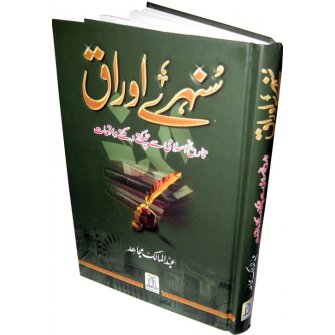

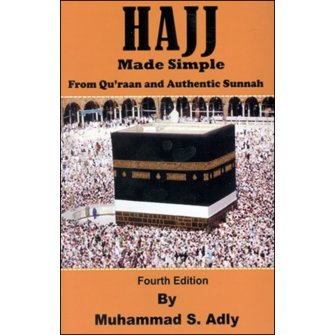
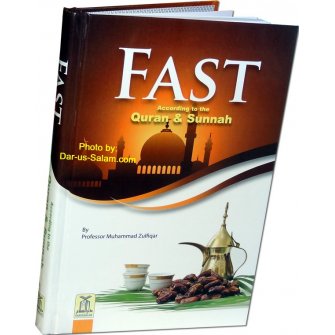
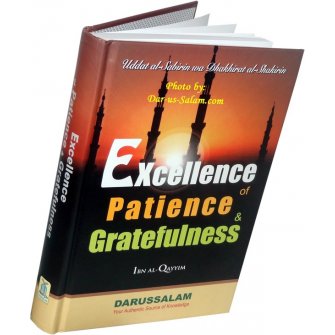
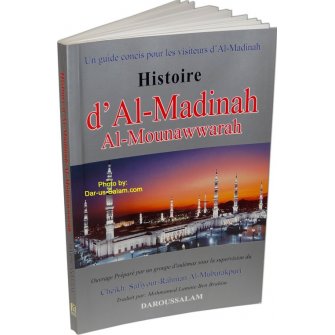

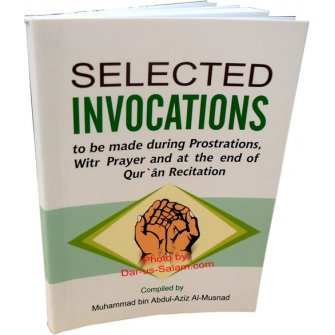

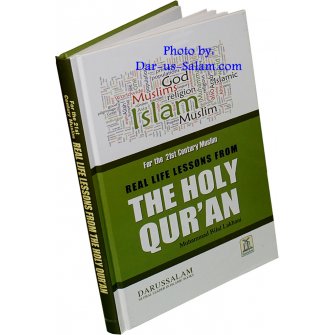
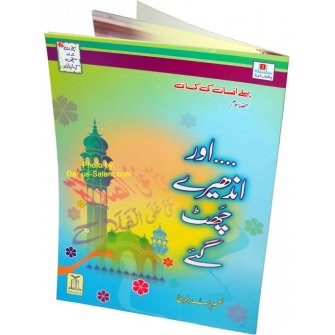



Leave a Reply